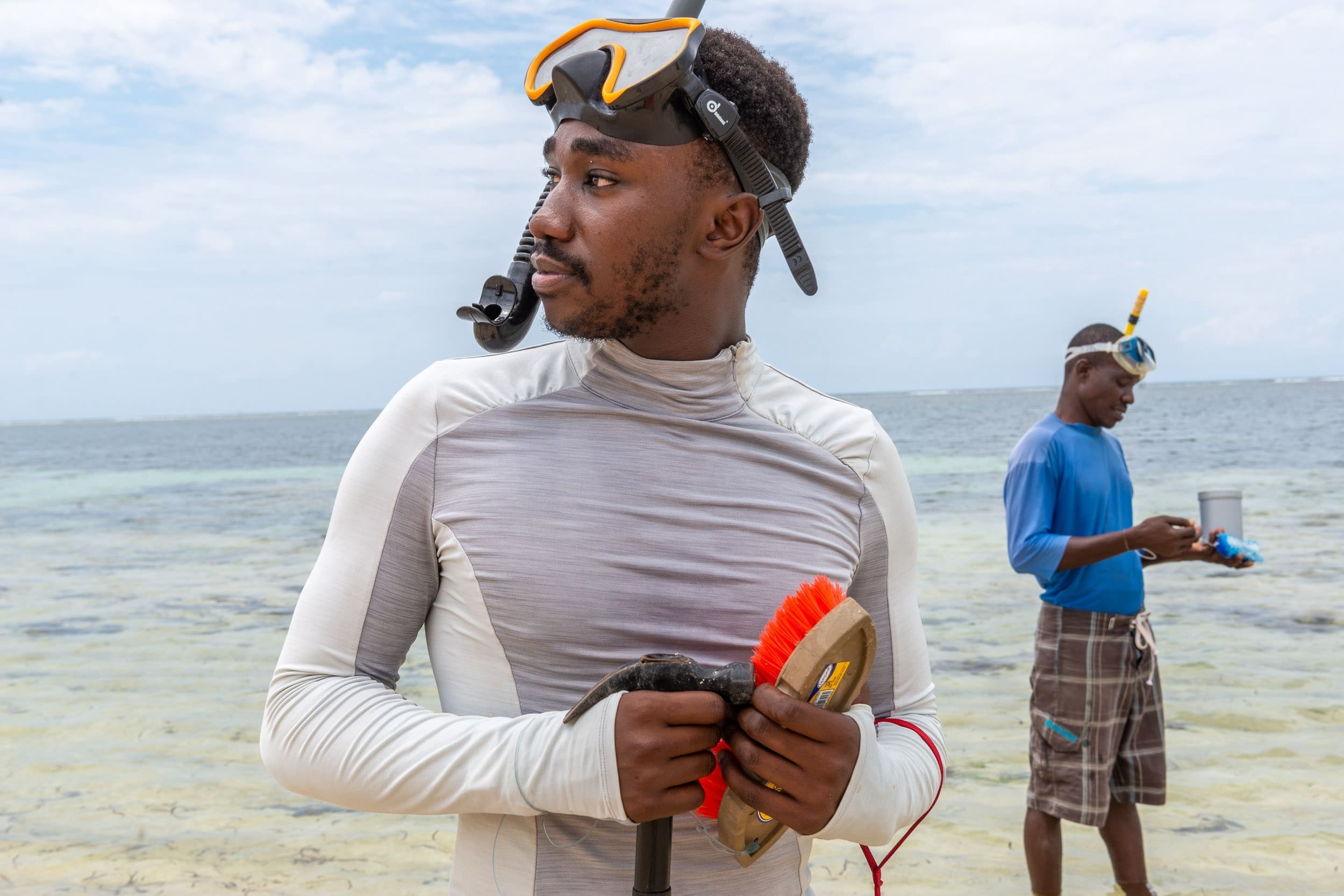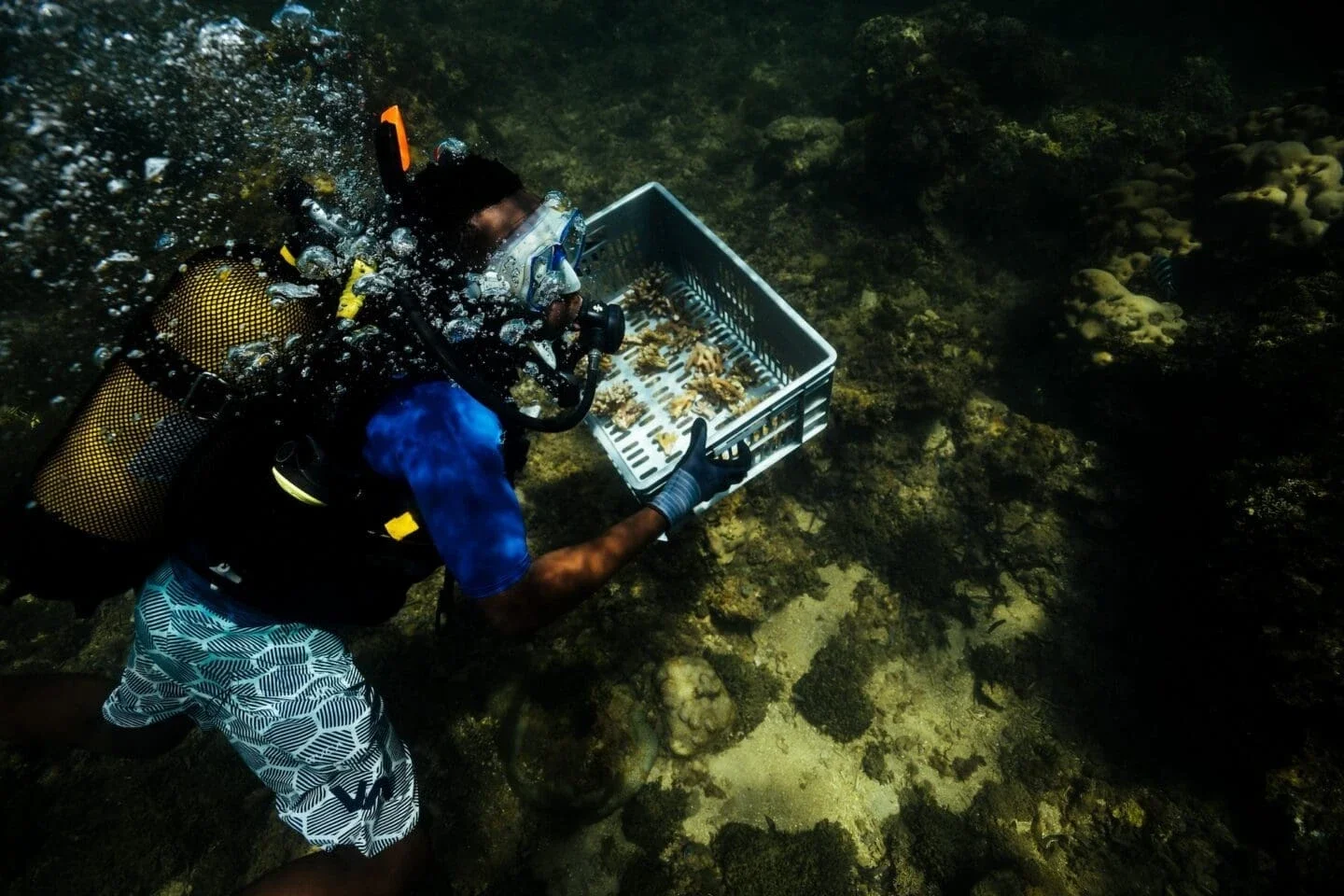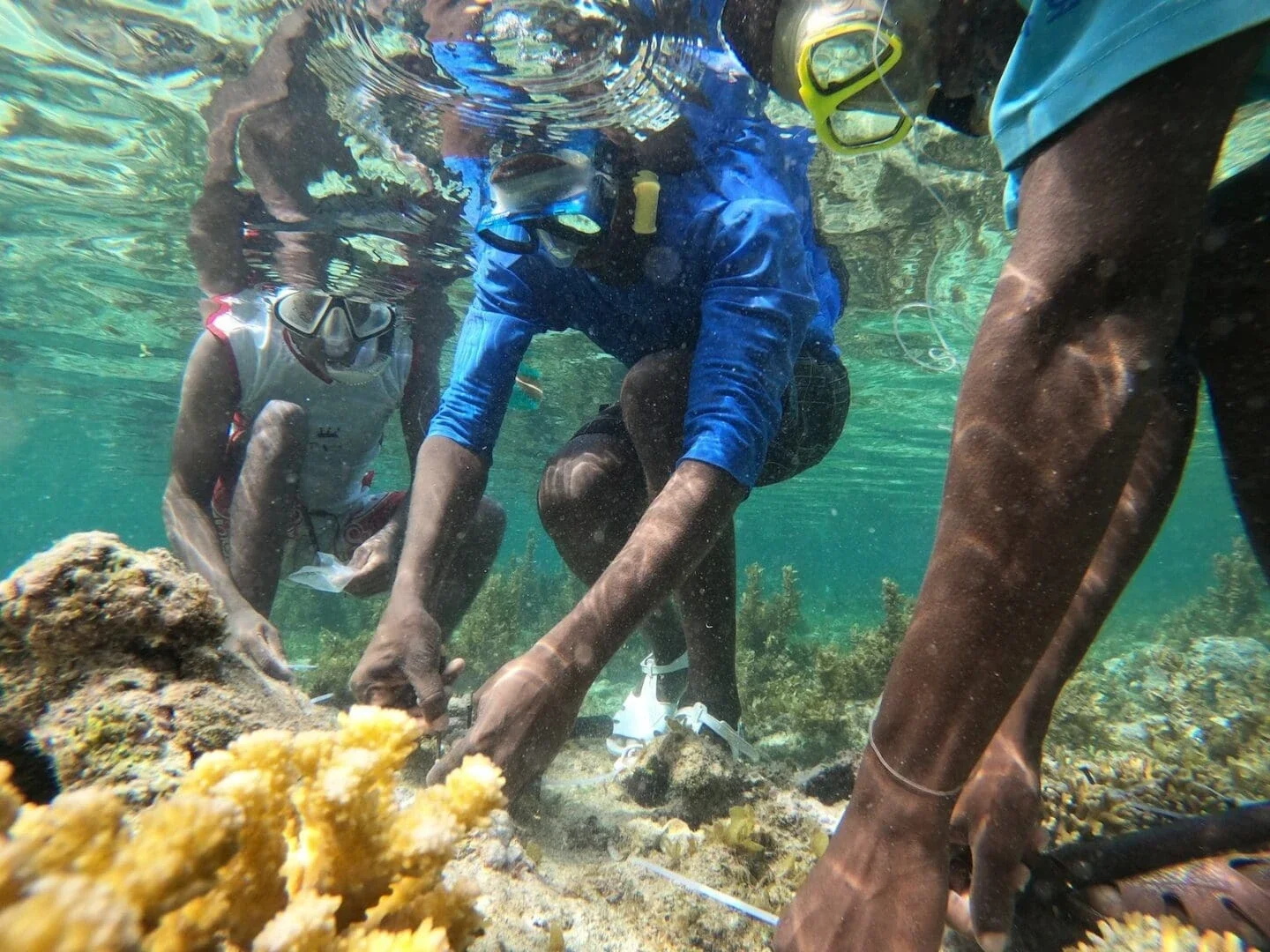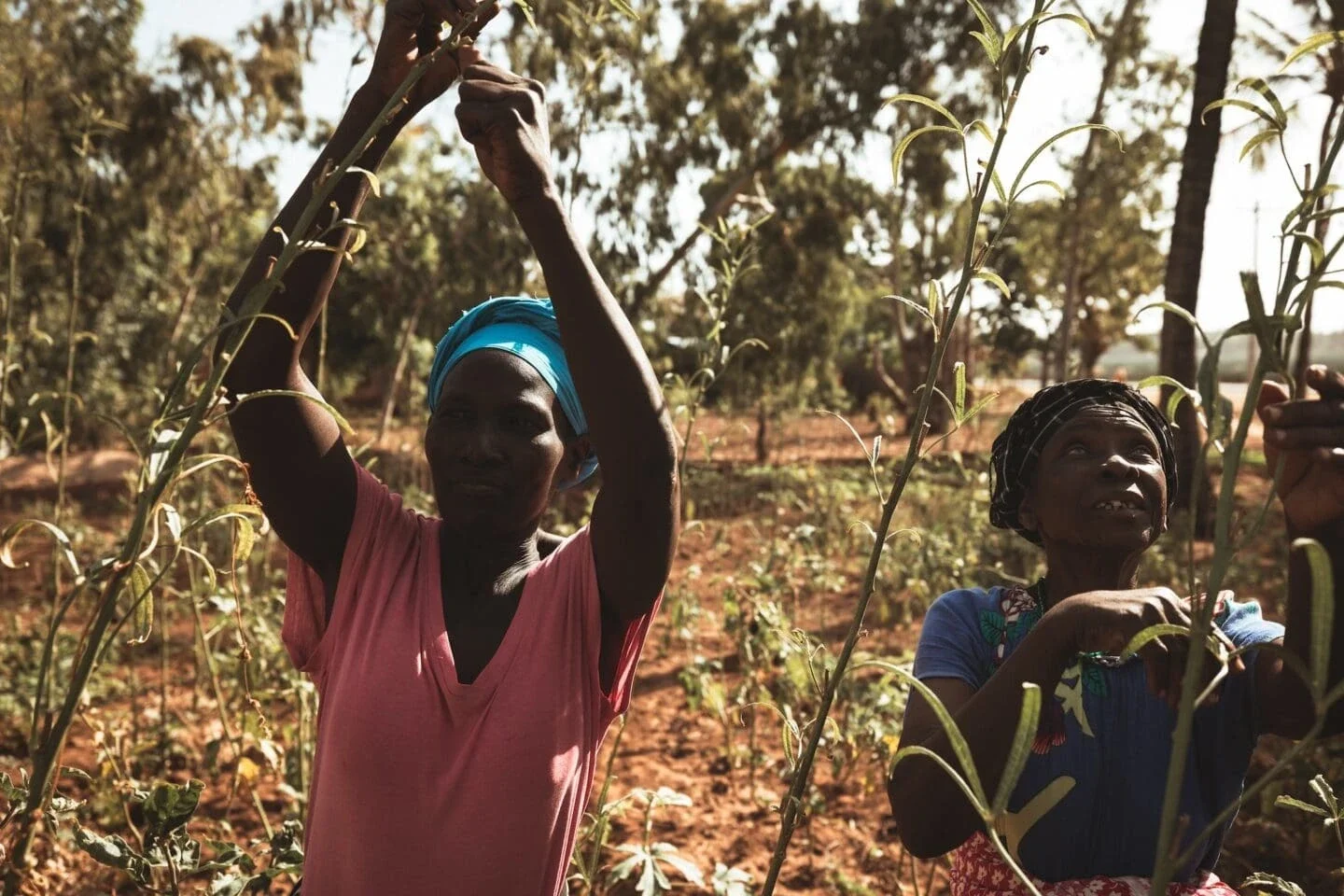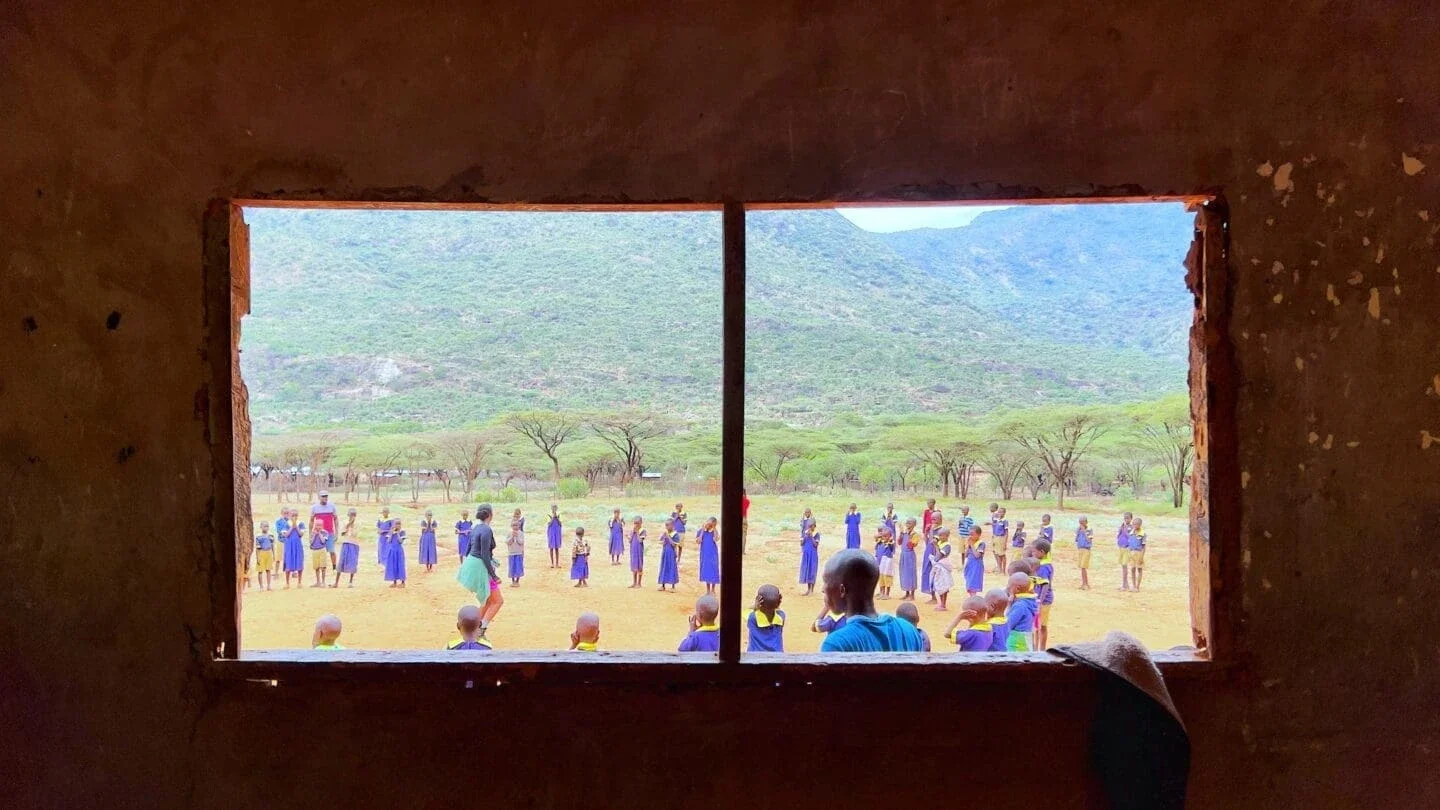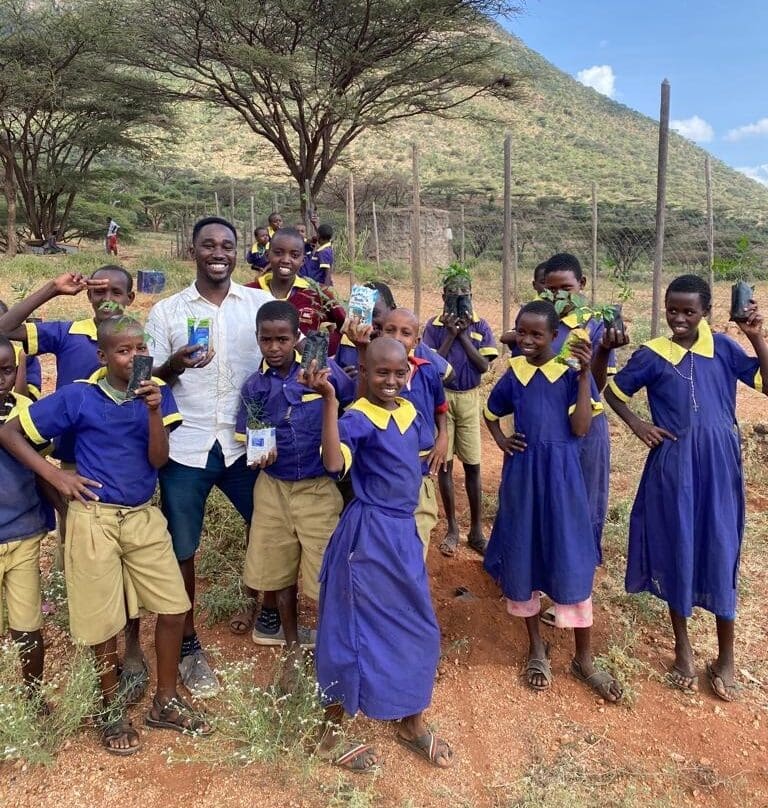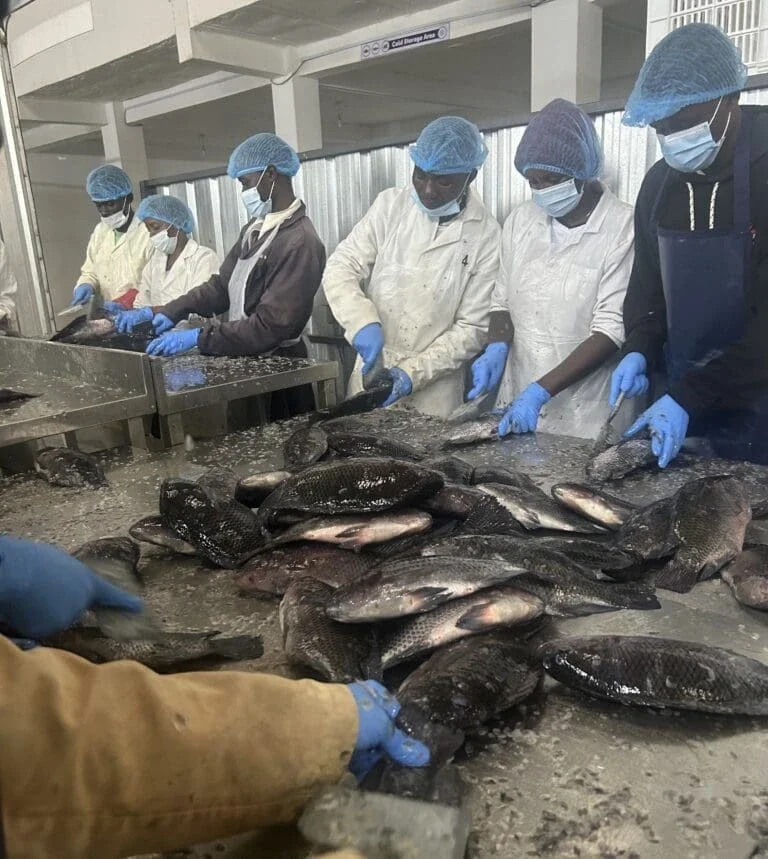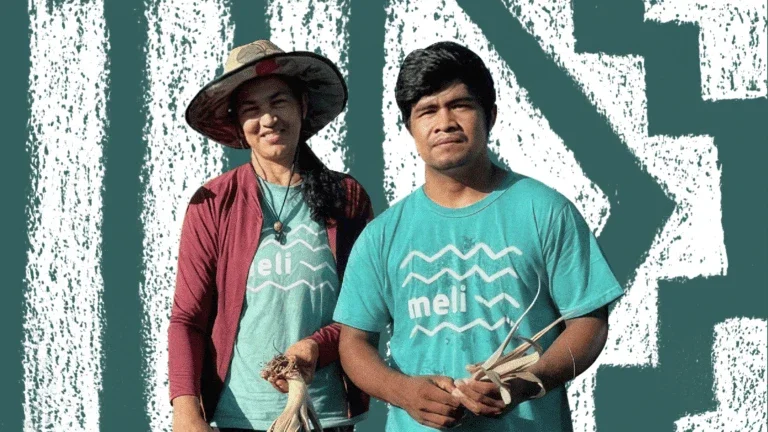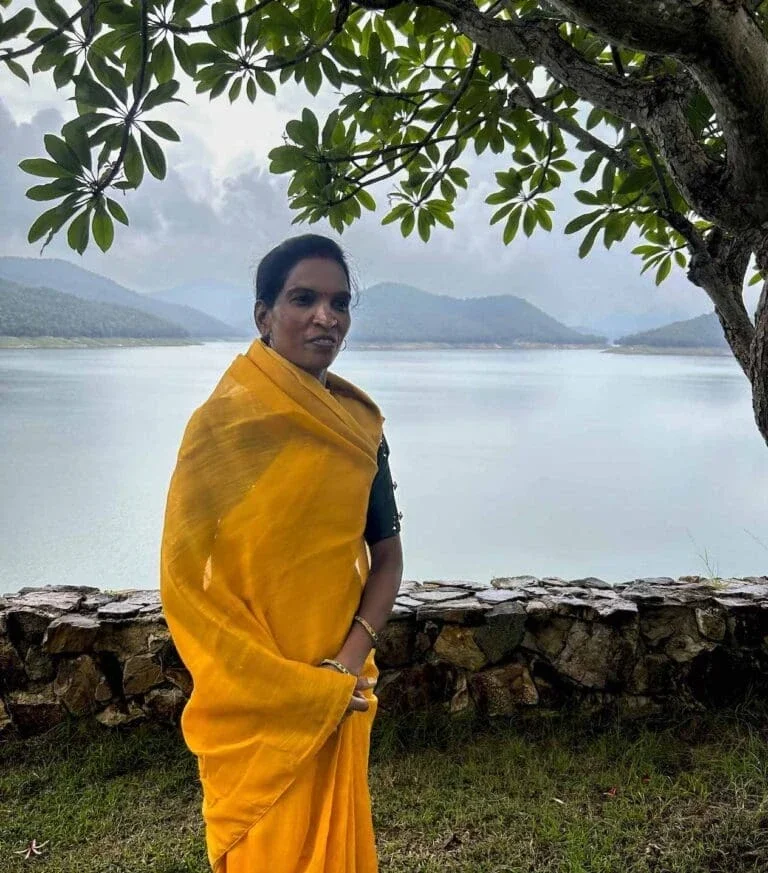A global climate change warrior was created.
“In a way, I had grown distant from my community. I wanted to see myself as belonging again," Masidza said. "This is a rich culture with much wisdom. We need solutions that are practical to people’s context, and nourish their lives. The knowledge is there, so a lot of listening is important."
Want to know more about Ledama Masidza and his work?
Watch the video he created as part of the CNN Academy, a climate storytelling program that trained storytellers to create short documentaries about the climate crisis.
Learn about the CNN AcademyMore in this Matter of Impact Edition
GEAPP Leadership Council Unites World Leaders To Drive Green Energy Access
Founded in 2022 to galvanize critical climate action and drive down the cost of green energy in low- and medium-income countries, the GLC works with great urgency.
read moreA Powerful New Roadmap For Tackling Climate Change's Financial Risks
The Coalition for Disaster Resilient Infrastructure, with support from The Rockefeller Foundation, has launched a powerful new playbook aimed at helping financial institutions estimate and prepare for infrastructure risks triggered by climate change.
read more